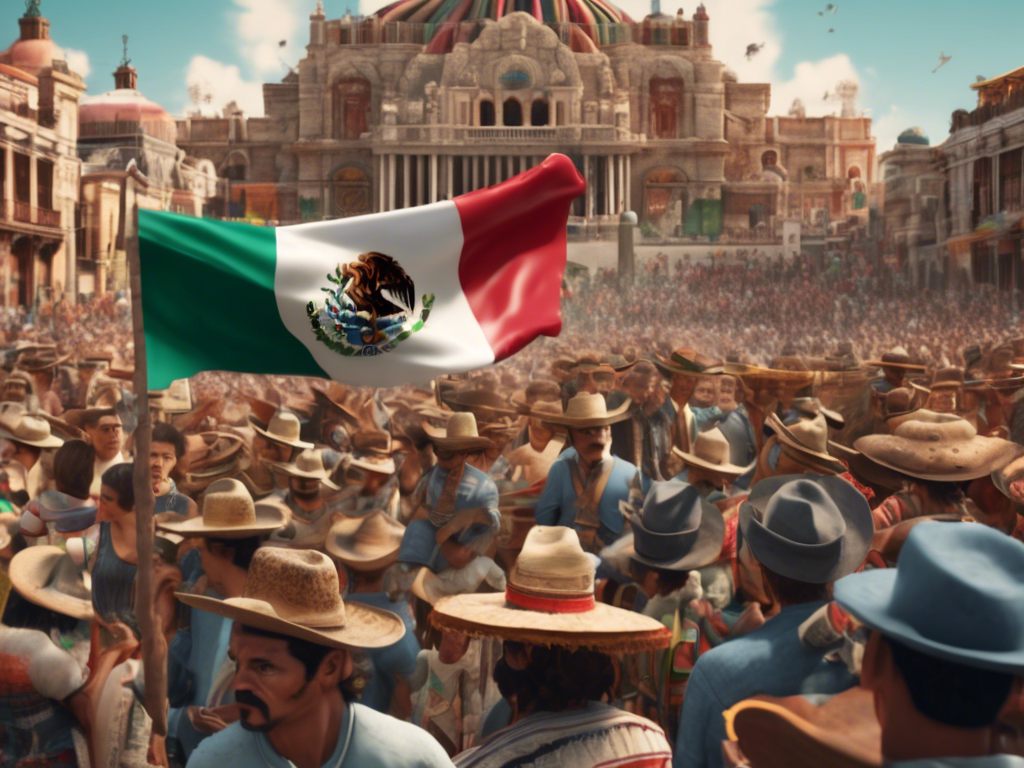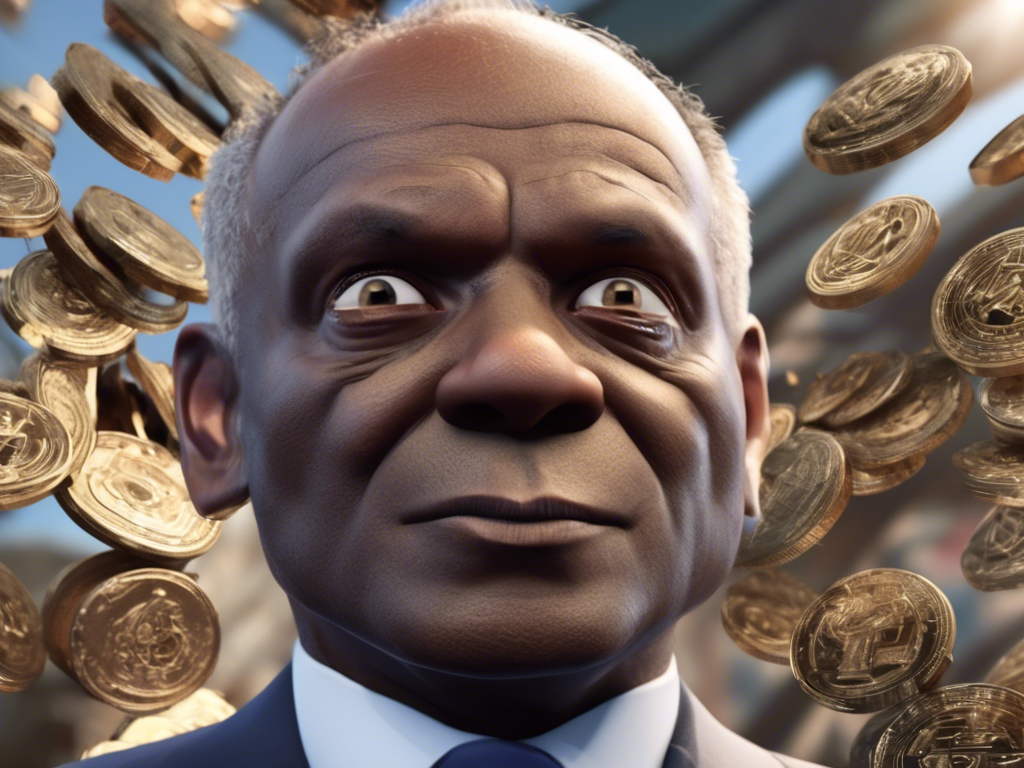Understanding Mexico’s Growing Militarization
As the presidency of Andrés Manuel López Obrador winds down, Mexico finds itself in a unique position with its military. The country’s armed forces have expanded significantly under his leadership, taking on a wide range of roles traditionally handled by civilian authorities. This shift towards militarization has raised questions about the impact on public safety and security. With over 100 functions transferred to the military during López Obrador’s term, it’s clear that the armed forces now play a central role in various aspects of Mexican life beyond just security.
Influence of Mexico’s Military Expansion
– The Mexican military is now the largest and most powerful it has ever been
– The armed forces have taken on over 100 civilian functions, including infrastructure projects
– López Obrador’s tenure has seen record high homicides in Mexico
– Major infrastructure projects like the Maya train are being built by the military
– The National Guard was created to replace the corrupt Federal Police but has faced criticism for its militarization
– Despite constitutional challenges, the National Guard still operates under the Defense Ministry
President López Obrador views the military as a reliable and efficient partner in implementing large-scale infrastructure projects that he sees as his legacy. However, concerns have been raised about the implications of this militarization trend, especially in terms of democratic governance and human rights in Mexico.
Public Perception and Challenges of Militarization
– The Mexican army and navy are trusted by 71% of Mexicans, more than the government or police
– López Obrador’s pragmatic approach favors the military for efficient operations
– The budget of the armed forces has grown significantly under López Obrador
– The National Guard, envisioned to tackle crime, has faced criticism for its effectiveness and human rights record
– Mexico has seen a surge in disappearances and human rights violations during López Obrador’s term
Despite public trust in the military, the increasing involvement of the armed forces in civilian affairs raises concerns about the consolidation of power and erosion of democratic institutions in Mexico. The militarization trend under López Obrador could have lasting implications for the country’s governance and security landscape.
Future Challenges for Mexico
– López Obrador’s constitutional changes may lock in the military’s role in public security until 2028
– Mexico’s next president will inherit a more powerful and deeply entrenched military
– The militarization trend could pose risks of human rights violations and arbitrary detentions
– Balancing security needs with democratic principles remains a key challenge for Mexico’s future leadership
The legacy of Andrés Manuel López Obrador’s presidency includes a stronger and more influential military in Mexico. As the country transitions to a new era, addressing the consequences of militarization and finding a balance between security and democracy will be crucial for Mexico’s future stability and prosperity.
Hot Take: Reflecting on Mexico’s Militarization
As Mexico’s military expands its influence and power, questions arise about the implications for public safety, democratic governance, and human rights. The legacy of López Obrador’s presidency includes a militarization trend that has reshaped the country’s security and infrastructure landscape. Moving forward, Mexico must navigate the challenges of a more powerful military while upholding democratic principles and respecting human rights for its citizens.





 By
By
 By
By

 By
By
 By
By